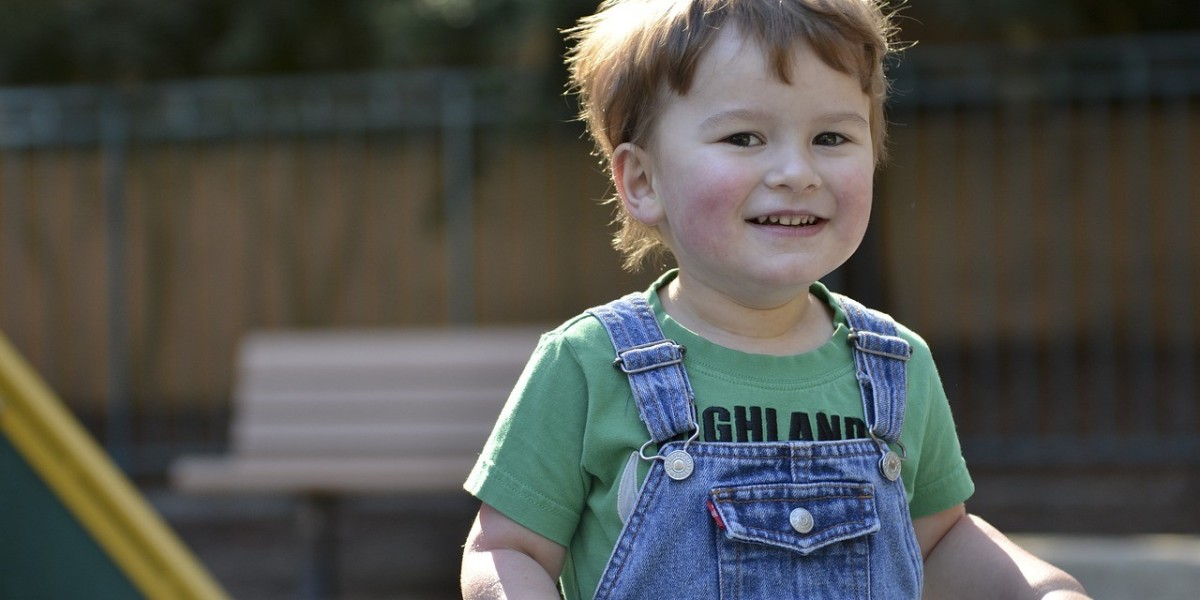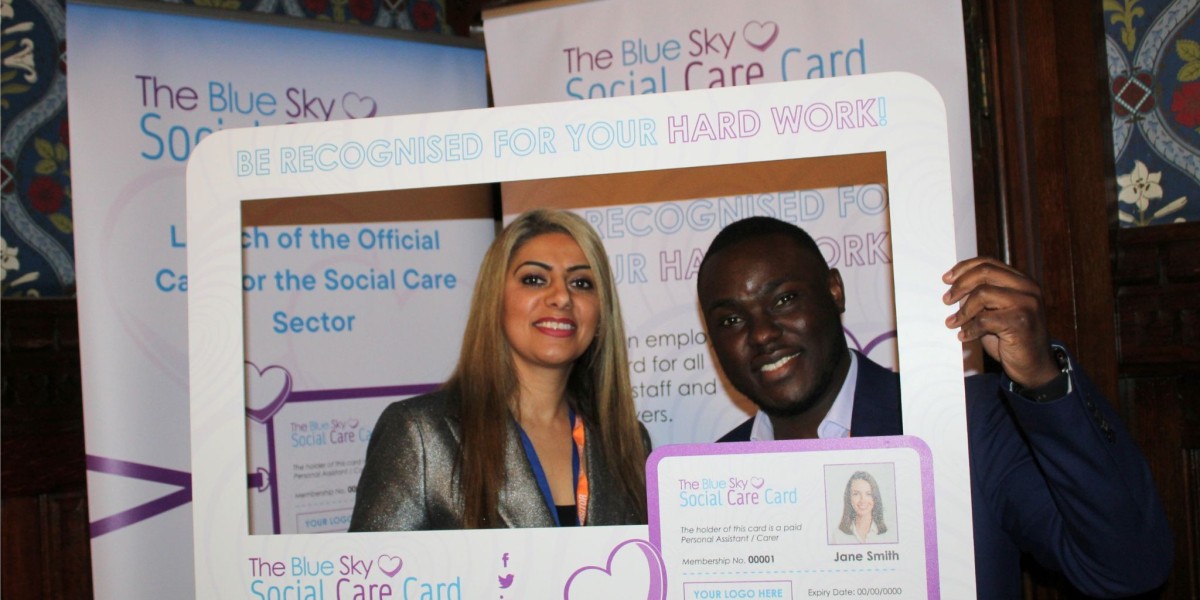New findings highlight significant delays in the assessment process for individuals seeking support for autism, with three in five individuals still awaiting assessment after a year, far beyond the targeted 13-week timeframe.
Shockingly, only one in 11 individuals manages to secure an assessment within the intended timeframe.
Brain in Hand, an organisation dedicated to providing digital and personalised assistance for individuals with autism, reports that 99% of the people they support receive publicly funded treatment, offering a glimmer of hope for those in need of assistance.
Despite this, a recent survey conducted by the organisation has revealed troubling statistics. Seventy percent of individuals with autism disclosed receiving no support whatsoever, even though 93% acknowledged that the state of their mental health was significantly impacting their lives.
Alarmingly, only 6% of respondents felt that the assistance they received adequately met their needs. This data underscores the urgent need for improved and expedited support systems for individuals with autism.
Recent statistics from the NHS also highlights this concerning trend in the realm of autism assessments. September 2023 saw nearly 158,000 patients awaiting assessment for suspected autism, with a staggering 85% experiencing wait times that exceeded the 13-week target.
Recognising the urgency of timely autism diagnoses, a spokesperson from the Department of Health and Social Care emphasised the importance of swift assessments.
In a statement, they outlined the commitment to improving services for autistic children and young people, allocating £4.2 million this year for this purpose. Furthermore, the NHS Long Term Plan aims to revolutionise mental health services in England, with an additional £2.3 billion annually by March 2024.
To address the challenges, NHS England has released a national framework and guidance, detailing the steps individuals can take to receive a timely assessment and providing support pre and post-diagnosis.
It is expected that all integrated care boards and NHS Trusts adhere to the clinical guidelines for autism set forth by the National Institute for Health and Care Excellence.
At We Talk Care, we are committed to raising awareness about these challenges and advocating for accessible, timely, and effective support services for everyone in need and will keep you up to date with the latest autism assessment news and updates as they occur.







